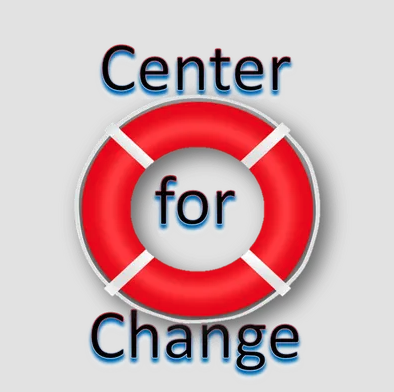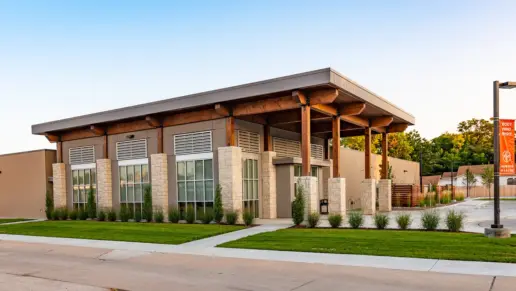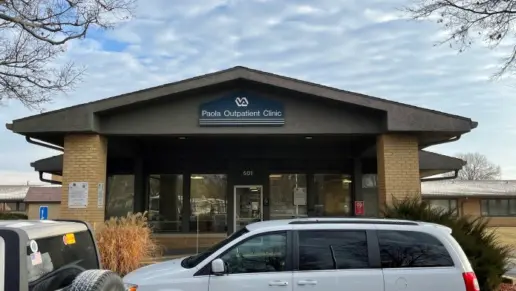This place has a bad reputation and now I know why! I waited over 2 hrs for them to deny me because I had 2 auto immune diseases. Made me take a preg. test in my 50's. They were even going to try to lower my dose because of my auto immune diseases, even though I had been on ...
About Center For Change
Center For Change is a Wichita, Kansas, drug rehab. They specialize in client centered medical detox and outpatient care for opioid use disorders (OUD) and mental health. Voluntary or court ordered adults benefit from an integrated treatment approach that includes evidence based therapies, education and medication assisted treatment (MAT).
Their medical detox program offers ongoing medical supervision as clients withdraw from opioids before transitioning to another level of care. Addiction specialists monitor clients and administer medications to alleviate withdrawal symptoms, helping clients rid their bodies of substances safely.
Their outpatient program provides flexible treatment for clients with heroin, fentanyl, opioid and prescription pill addictions. Clients live at home while participating in individual counseling, family support programs and group therapy. They also integrate treatment with MAT and addiction education to help clients recognize and practice healthy coping skills.
They help clients manage withdrawal symptoms and cravings with MAT. Addiction specialists incorporate Suboxone with education and behavioral therapies to help clients achieve their recovery goals.
Center For Change only accepts prescription insurance for Suboxone. They may work with major insurance providers to partially cover Suboxone costs. Out of network benefits can differ, so be sure to contact your insurance provider for coverage details.
Latest Reviews
Rehab Score
Gallery
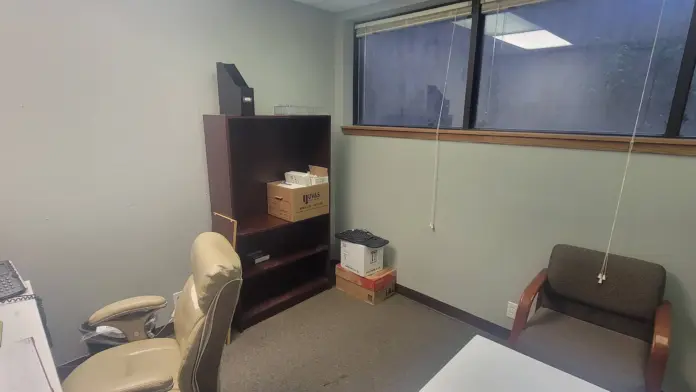
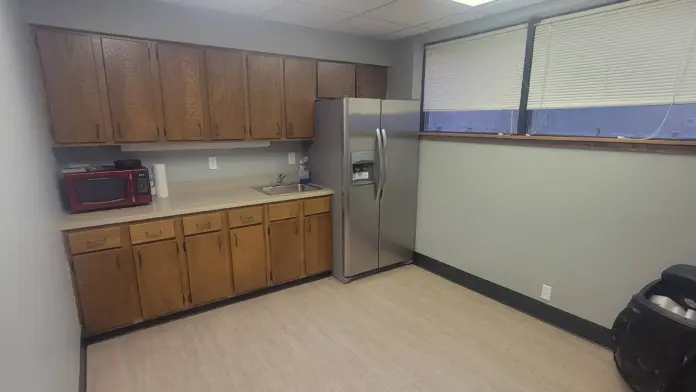

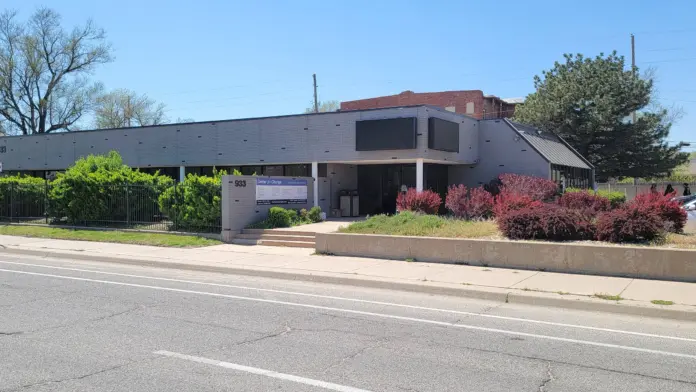
Location
Other Forms of Payment
Private insurance refers to any kind of healthcare coverage that isn't from the state or federal government. This includes individual and family plans offered by an employer or purchased from the Insurance Marketplace. Every plan will have different requirements and out of pocket costs so be sure to get the full details before you start treatment.
Self-pay involves paying for treatment out of your own pocket. You can use savings or credit, get a personal loan, or receive help from family and friends to fund your treatment. If you don't have insurance or your insurance plan doesn't cover a specific program, self-pay can help ensure you still get the care you need.
Addiction Treatments
Levels of Care
Treatments
Substance rehabs focus on helping individuals recover from substance abuse, including alcohol and drug addiction (both illegal and prescription drugs). They often include the opportunity to engage in both individual as well as group therapy.
Programs

Clinical Services
If your therapist applies methods of cognitive behavioral therapy in Kansas, you can expect to gain a better understanding of your thoughts and behaviors and learn how to cope with difficult situations without using substances. This method is a proven technique for treating substance use and mental health disorders.
Group therapy is any therapeutic work that happens in a group (not one-on-one). There are a number of different group therapy modalities, including support groups, experiential therapy, psycho-education, and more. Group therapy involves treatment as well as processing interaction between group members.
In individual therapy, a patient meets one-on-one with a trained psychologist or counselor. Therapy is a pivotal part of effective substance abuse treatment, as it often covers root causes of addiction, including challenges faced by the patient in their social, family, and work/school life.
When applying motivational interviewing, your therapist will ask open ended questions that encourage you to think differently about your challenges. They will also affirm your strengths and abilities. They will then offer empathy and reflect your thoughts back to you so you can identify any discrepancies in your current behaviors and your future goals.
Accreditations

The Commission on Accreditation of Rehabilitation Facilities (CARF) is a non-profit organization that specifically accredits rehab organizations. Founded in 1966, CARF's, mission is to help service providers like rehab facilities maintain high standards of care.
CARF Accreditation: Yes
Contact Information
933 N. S Topeka Ave
Wichita, KS 67214
